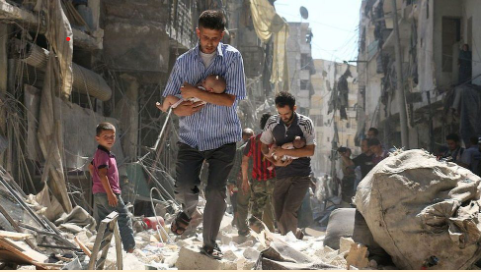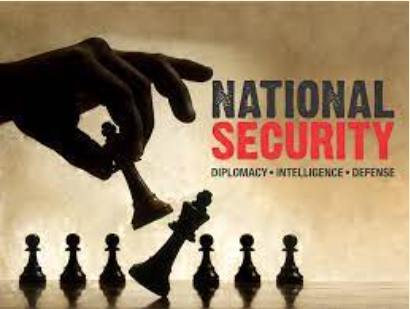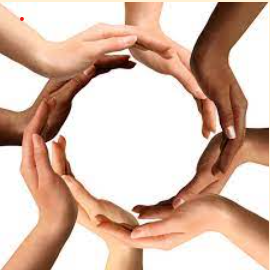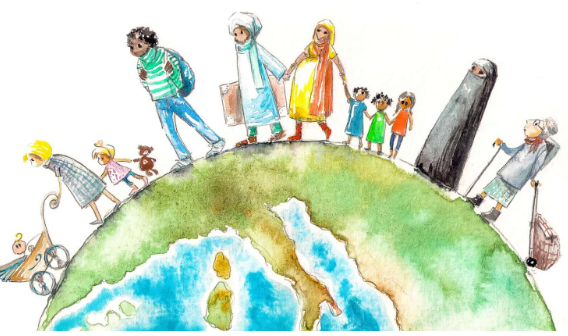WHAT IS MIGRATION?
Migration is a highly complex process that is an outcome of globalization in this slowly transitioning world. It means the movement of people from one region of the globe to another. It could be forced or voluntary. People always migrate to bigger and better places with more resources for tourism, employment, business, sports, public events, education, etc. They also move to look for a safe and secure environment or simply look for a better life prospect.
The issue arises when refugees have to leave their native land to protect themselves from prosecution and move to a different state or country leaving their homes behind. According to the IOM World Migration Report 2020, the number of international migrants was estimated to be almost 272 million globally by June 2019, which is 51 million more than what was in 2010.
However, migration becomes a ‘crisis’ when countries are not ready or unwilling to deal with this crisis. They label those seeking asylum in their nations as ‘illegal immigration’ with a lot of barriers. In the United States itself, there have been numerous impediments in recent years for obtaining visas by the students and business classes themselves, let alone refugees from lower socio-economic strata.
WHY DO PEOPLE MIGRATE?
While there can be several reasons as to why people migrate, here are some of the most important:
- Political Instability
The most important factor pushing the forced migration of people from their home countries is political instability of any kind. Civil wars, change to authoritarian regimes, and fear of persecution compels masses to leave their country for the very basic instinct of survival. The safe environment provided by the nation they seek asylum in is their dire motivation to move.
- Economic Opportunities
Many individuals move from their countries to seek better job opportunities to have a better lifestyle. They move out seeking better lifestyles to provide well for their families. Migration takes place within the same country as well from villages to cities, cities to capitals, etc. They move for higher income prospects.
- Academic pursuits
A major chunk of people moving from regions are students who transfer to explore quality education outside of their respective regions. They move to pursue higher education or specialize in specific skills to make themselves employable.
While there are other reasons for it as well, like environmental, family reunification, etc, these are the major reasons why people migrate.
CHALLENGES TO MIGRATION
One of the significant challenges posed by migration is the socioeconomic integration of these refugee groups into the civic society of the new land. The language barrier is the most prominent of all. Along with that, the pressure to conform to societal norms, traditions, and expectations of the host country and not look like an ‘outsider’ is immense. Apart from everything, those seeking asylum have to look for job opportunities to sustain themselves and their families.

Another major shortcoming is the human rights violation of these refugees. When moving to the host country, they can be drawn to human trafficking, physical and sexual abuse, drug rackets, etc. Ensuring their safety while securing their human rights can be a major challenge for nation-states. This comes off as a major obstacle to the law and order system prevailing in countries.
An extremely important concern of administrations over the world is the issue of security. With rising terrorism and security breaches, states regard the borders of their countries as symbolic of their internal and external sovereignty. Sovereignty gives exclusive power to the state to run their country without any external interference. When illegal immigrants cross borders to assimilate into the host country, states are concerned because this very shell of sovereignty is broken down. They do not want people to walk into their territorial boundaries out of their own free will.

Perhaps, the most significant challenge would be the pressure migration imposes on the resources of the host country. Most developing nations have limited resources in terms of, education, health, land, and other facilities There exists a very cut-throat competition between the native inhabitants for these resources. On top of that, when there’s movement inside regions the competition increases manifold. Resource mobilization becomes difficult because the demand is huge and the supply is less. This creates constraints on the availability of resources.
A NEW HORIZON?
The most-needed element to solve this migration crisis is international cooperation. States will have to hold diplomatic dialogues with each other to foster easier transit of these refugees to safer places. Friendly relations and empathy are the way to go. Providing grants and funds for their reallocation by international organizations and privileged nations can help in overcoming this problem to a great extent. States also need to work hand in hand to address the root causes of this issue. Fostering better governance, and economic development leading to the eventual democratization of conflict-hit zones will be instrumental in solving the crisis.

Apart from this, states will also have to keep records to be able to track their movement from region to region. This will assist them in framing more inclusive national policies which aim to integrate them into the mainstream. This could also include running training programs for language development, acquiring skills, and basic primary education.
Awareness programs and public programs to educate public and administrative structures about being more inclusive and welcoming to refugees are the ultimate need of the hour. While some states are extremely capable of hosting these ‘illegal immigrants’ they are not able to do so because of the smirk by the hosting citizens.
We need to acknowledge that the fundamental right to live with due dignity is a basic fundamental human right. The refugees who fled their countries did not do so by choice but by compulsion. Being open to them is the bare minimum we can do to uphold the basic principles of humanity.
-Bhawini Srivastava
Must Read: THREAT MAGNIFIED: ESCALATION OF NUCLEAR PROLIFERATION


